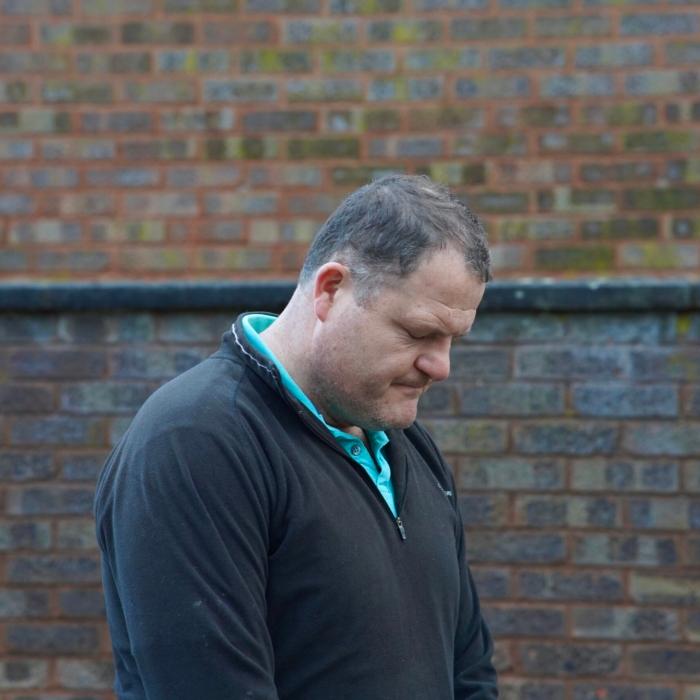Activists are expressing major concerns about a push to decriminalise late-term abortions performed at home with pills.
Last week, an amendment to the Criminal Justice Bill to remove criminal offences that make it illegal to perform a self-abortion at any point was withdrawn, though activists fear it could be brought back at another stage.
Abortions are legal in England if a registered medical practitioner performs them and they take place within the first 24 weeks of pregnancy. They can only be carried out in hospitals or clinics after ten weeks.
The amendment, introduced last year introduced by a coalition of MPs including Labour’s Stella Creasy and Dame Diana Johnson, would have repealed sections 58, 59 and 60 of the Offences Against the Person Act 1861.
Section 60 of the Act makes it an offence to conceal the birth of a child, while Sections 58 and 59 make it a criminal offence to administer or supply drugs or use instruments to procure an abortion.
The debate was brought into the public mind after the wide coverage of Carla Foster, a 45-year-old mother of three, who took abortion pills mailed to her during lockdown in 2020 after she lied to the abortion provider about how long she had been pregnant.
Ms. Foster was given a 28-month sentence in June for administering drugs or using instruments to procure an abortion.
‘Self-Abortions With No Deterrent’
Groups like Right To Life called the amendments “extreme” and said that the proposed law, therefore “mean abortion is de facto deregulated for women who acquire abortion pills by misleading abortion providers or through other means, since they would be free to take the pills at any gestation, rendering regulations worthless.”However, Labour MPs said that without change, there would still be “punitive measures.”
“For example, after Hampshire police found a human placenta in woodland in Southampton over the summer, it contacted the British Pregnancy Advisory Service and asked for details of anyone who had been seen at a clinic but turned away because they were past the time limit at which they could seek an abortion,” she said.
Highly Dangerous for Women
Isabel Vaughan-Spruce, the leader of the anti-abortion group 40 Days for Life Birmingham, told The Epoch Times by email that while it was welcome news that the amendments were withdrawn, “it is concerning that one of these amendments, or a new version of them, could be brought back at the report stage of the bill in February.”“These amendments were not just extreme but, in practice, would be highly dangerous for women,” she added.
Ms. Vaughan-Spruce said that studies have shown as many as one in 17 women having medical abortions (tablets) can end up in hospital because of complications.
“Bearing in mind around 90 percent of our abortions are medical abortions, this is incredibly concerning for women’s health,” she said.
“If abortions are allowed at an even later stage and for any reason whatsoever (which is what would happen if it were decriminalised) then we would see these complications increasing,” she said.
“We have seen some of the results of other recent changes to abortion laws like pills-by-post/home abortions, which have enabled women to access abortion pills late into their pregnancy and take them at home, which is incredibly unsafe physically but also mentally as the mother is left to dispose of a very developed child,” she added.
Ruth Rawlins, head of communications for the Centre for Bio-Ethical Reform UK told The Epoch Times that she was also concerned that the amendments will be brought back.
“We almost do have abortion on demand up to 24 weeks, after it’s only if there’s some kind of perceived abnormality in the baby, including cleft lip palate,” she said
“It is scientifically correct to say that human life begins in the womb from the moment of conception, therefore, every abortion kills an innocent human being,” she said.
‘Ends Threat of Prison Time’
A spokeswoman for British Pregnancy Advisory Service (BPAS), the UK’s leading provider of abortion services, told The Epoch Times by email that the proposed amendment “simply ends the threat of prison time for women who end their own pregnancies.”“Dame Diana Johnson’s amendment does not propose any adjustments to the provision, grounds, or time limit of abortion. It simply ends the threat of prison time for women who end their own pregnancies,” she said.
“This punishment does not exist in law even in the most anti-abortion states in the USA. In England, it is a punishment which dates to 1861, targets vulnerable women, and is entirely inappropriate in 2024,” she added.
She said that BPAS believes that “all international evidence shows that removing or restricting access to abortion care will not stop abortions, it will simply make them less safe.”
The Epoch Times contacted Ms. Creasy and Dame Diana for comment.







